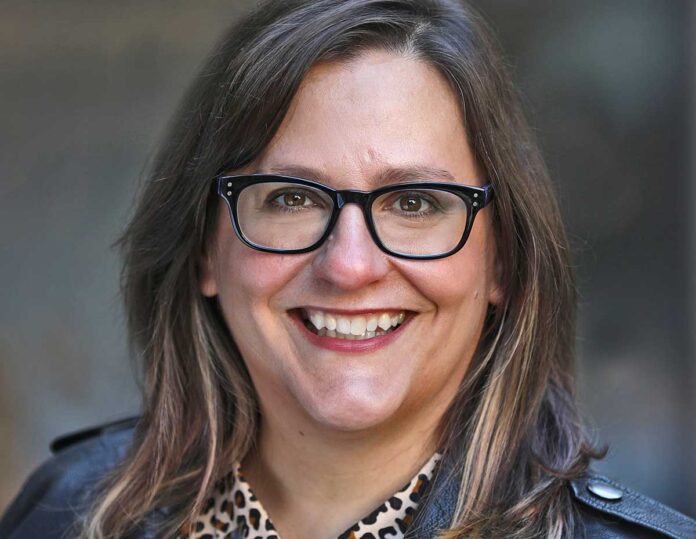News Is Out: National Queer Media Collaborative, a brand new a partnership of seven LGBTQ+ news outlets from around the U.S., will soon launch to bring a variety of queer news to queer communities. A diverse selection of LGBTQ media organizations make up the collaborative, including PGN, Dallas Voice, Bay Area Reporter, Tagg Magazine, Q Voice News, the Washington Blade and Windy City Times.
Writer, editor and content strategist Dana Piccoli, who has a wealth of experience creating LGBTQ content, recently took on the role as project manager of News Is Out.
“I’m very committed to the survival of queer media,” Piccoli said. “I see News Is Out as opening even more doors, giving a national platform to these amazing local queer media companies and programs and just giving our community a place to come and get excellent journalism, news and media.”
A content plan is still in the works, but the team at the forefront of News Is Out plans to publish and disseminate news and culture stories from the individual media organizations. “We’re in the beginning stages but we’re moving fast,” Piccoli said. “We’re excited about what’s ahead. There will be a site very soon, keep an eye out.”
Piccoli’s past journalism experience includes writing for NBC News, The Mary Sue, Decider, and Curve. She got her start in entertainment journalism as a writer and staff editor, she formerly worked as managing editor of the Bella Media Channel, a website centered on LGBTQ entertainment and culture, and she is founder and editor-in-chief of the LGBTQ entertainment website Queer Media Matters. She is also well versed in running successful marketing campaigns for a wide variety of businesses.
“Dana’s already knocking things off the to-do list, taking ownership and coming up with some great strategies and tactics we need to do to get started,” said Penny Riordan, who is working with News Is Out as director of business strategy and partnerships for Local Media Association (LMA). The mission of LMA is to help local media entities find new and sustainable business models. The association’s philosophy is rooted in four main elements: “business transformation, journalism funded by philanthropy, industry collaboration and sustainability for publishers of color,” according to LMA’s website.
The News Is Out model is based on that of Word In Black, a collaboration of 10 African American-owned newspaper publishers from across the country.
“We at LMA have been working in the collaborative space for a number of years now, and we’ve seen huge impacts to the business transformation of publishers when they work together to reach new audiences, learn new strategies,” Riordan said.
News Is Out first received funding from the Google News Initiative Innovation Challenge, designed for initiatives and projects that bring fresh ideas to the news industry. One of Google’s parameters for grant recipients is that they actively engage in getting feedback from their audiences about what they want to see out of the media they produce.
Riordan and the News Is Out team plan to survey readers via social media, newsletters, and focus groups to gain insight into what they want to read, what they feel is not getting due coverage, and how LMA can further connect with the community, Riordan said. “We hope to not just create another national brand that’s churning out content, but to really turn back to the community.”
Piccoli too emphasized the idea that News Is Out is designed for LGBTQ readers and will change the game in terms of the queer news and media that readers will have at their fingertips.
“These people that are running the collaborative — the people from the Philadelphia Gay News, from the Dallas Voice, from the Washington Blade — these are absolute heros in queer media,” Piccoli said. “They have the experience, the knowledge, and I wouldn’t be here as a person in queer media without them. We have this depth of knowledge and experience, plus we have people like Ebone Bell with Tagg Magazine infusing her young perspective and all of her experiences.”
She also acknowledged that some queer news outlets or websites leave out certain intersections of the LGBTQ community in the content they produce.
“A lot of sites tend to fall one way or the other,” Piccoli said. “Maybe you skew more toward gay men, maybe you skew more toward queer women. It can be a bit of a challenge to offer something for everybody, but we’re up for it. I think we’re going to be able to really satisfy so many people in our community.”
